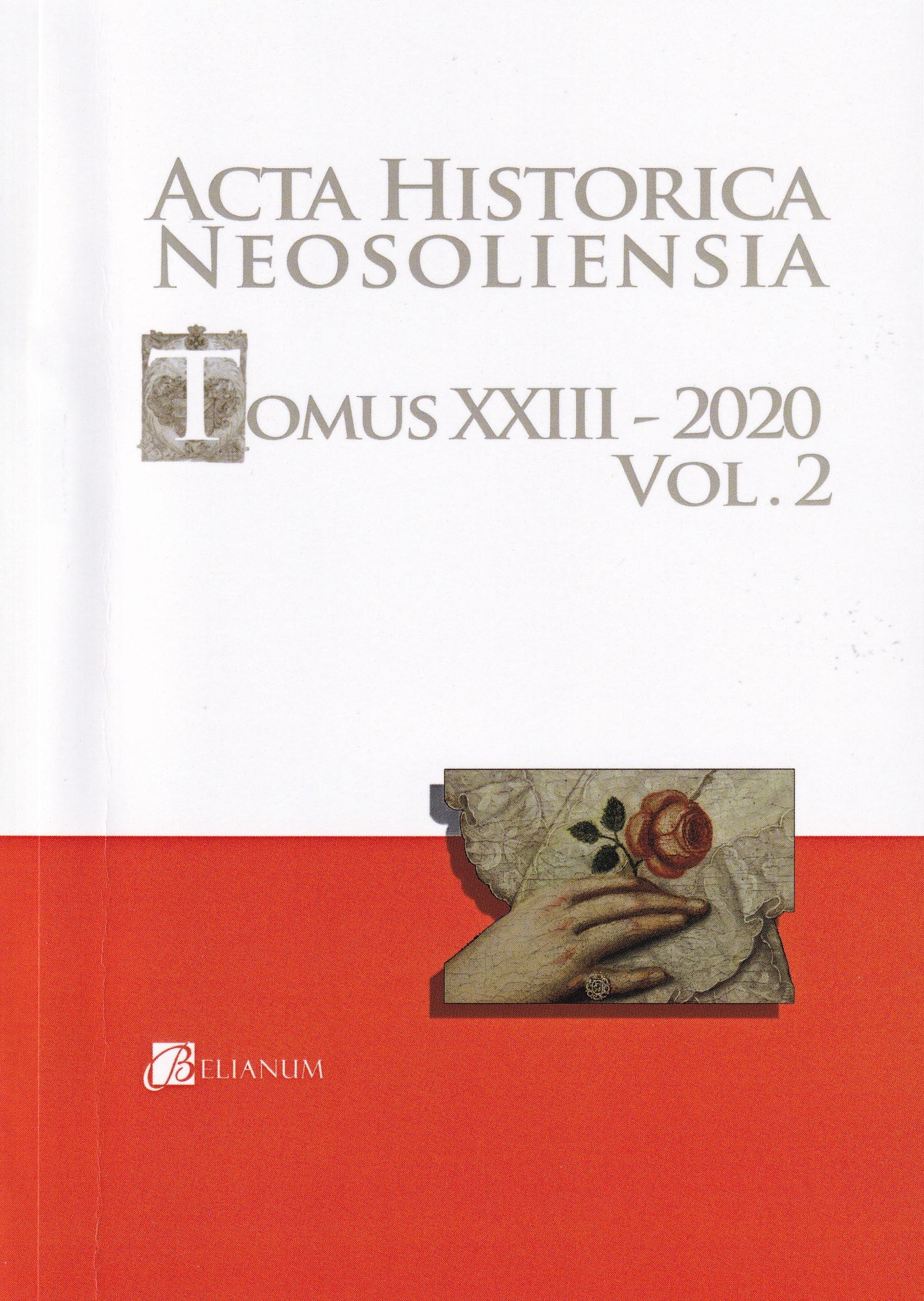Fenomén fikcie v dejinách Kremnice
Phenomenon of fiction in the history of town Kremnica
Author(s): Daniel Haas KianičkaSubject(s): History, Cultural history
Published by: Filozofická fakulta Univerzity Mateja Bela
Keywords: fiction;theory of fiction; literary fictive worlds;fiction as a game and prank;activities of burgess societies;miner´s mythology;educative fiction;fiction and a national narrative;
Summary/Abstract: Subject of fiction has become a permanent part of humanities research in the recent decades. Philosopher Alexius Meinong wrote that our cognition of objects does not depend on their real existence. Our mind reacts to thoughts, desires and feelings as well. A man is surrounded not only by real, but also by imaginary entities. The issue of the fiction theory had also been a research subject of some other philosophers, sociologists and literary scientists. There are many types of fiction. One of them is a literary fiction, which in the case of Kremnica can be studied through works written by Ján Kollár or Jozef Cíger Hronský. Fiction in the form of a game or prank had also been an important phenomenon in the history. There had been many associations in the world based on the principle of fiction. In Kremnica, this type of association is represented by the Casino association and its Book of Swamps (Sumpfbuch) with fictitious names of members of the association and a number of fictional stories. Mythology related to the world of fictitious mining ghosts had also played a role in the environment of the town Kremnica. It is interesting that history itself can be presented with the help of fiction, as Barbara Balážová showed in her book Pictorissa Cremniciensis. In the first part, she had created a fictitious diary of Kremnica painter Johanka Emerencia Rothenstein (beginning of the 18th century). Fiction had also been used as a part of national revival efforts. In Kremnica, this phenomenon is represented by the existence of a fictitious “ancient” inscription on the hill Velestúr. It is important to know that through fiction it is possible to develop the imagination, analogous and logical thinking and creativity of man.
Journal: Acta historica Neosoliensia
- Issue Year: 23/2020
- Issue No: 2
- Page Range: 147-166
- Page Count: 20
- Language: Slovak

